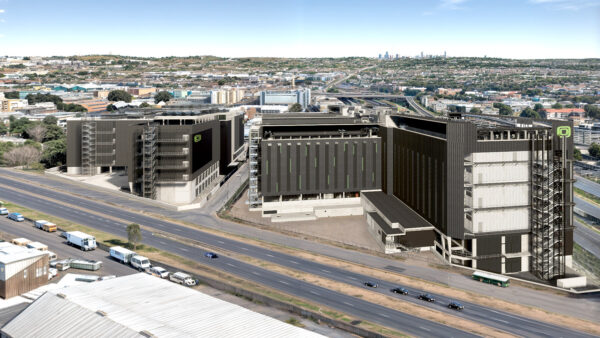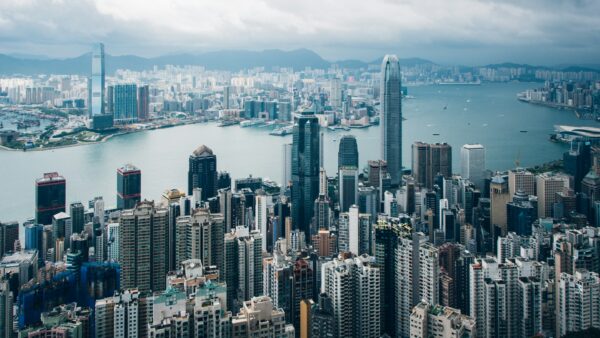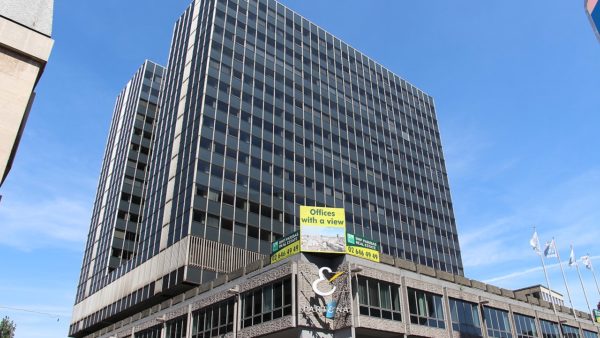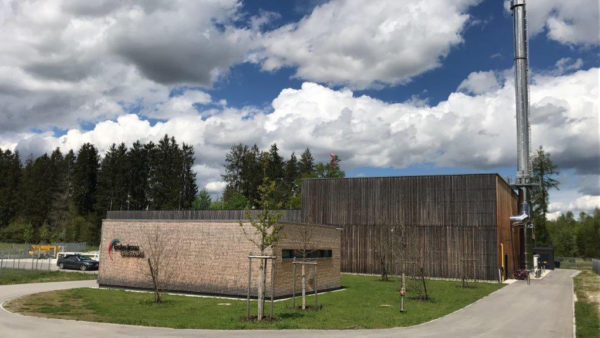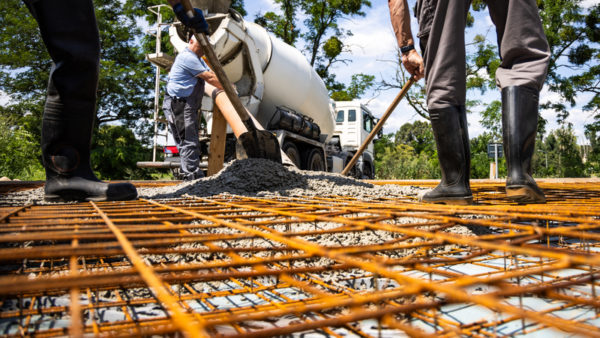27 September 2013
Qatar has been accused of “modern-day slavery” after an investigation by the UK’s Guardian newspaper found that dozens of migrant workers had died there in recent weeks.
The allegations come as Qatar prepares for the 2022 World Cup. It raises more serious questions just as the fate of the summer tournament is under review over concerns about heat.
Qatar has the highest ratio of migrant workers to domestic population in the world and Nepalese workers are the largest national group of expats.
Documents obtained from the Nepalese embassy in Doha were said to show at least 44 workers died, a rate of almost one a day, in the two months between June and August.
More than half died of heart attacks, heart failure or workplace accidents.
The investigation found evidence suggesting thousands of Nepalese were the victims of serious abuses, amounting to modern-day slavery, as defined by the International Labour Organisation.
Some labourers alleged that they had not been paid for months, and had their passports confiscated and identity cards refused, effectively reducing them to the status of illegal aliens.
Others said they have been denied access to free drinking water.
Even before work began for the World Cup, ties between Nepal and Qatar were strained.
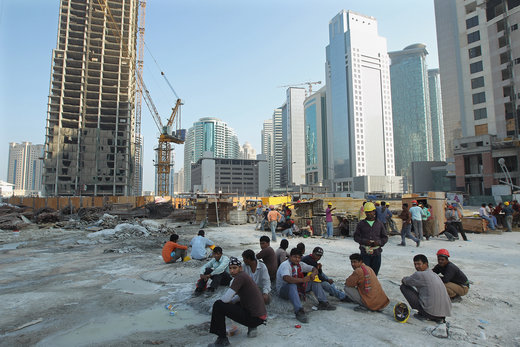
Construction workers from Bangladesh take a break near new highrise office buildings and hotels under construction in Doha (Sean Gallup/Getty Images)
In July the two countries signed an agreement stating that companies will face punishment if they fail either to issue identity cards to workers or to renew workers’ visas within three months.
Qatar also agreed to provide insurance coverage for all Nepali workers according to Qatari laws.
Director of Anti-Slavery International, Aidan McQuade, said: “The evidence uncovered by the Guardian is clear proof of the use of systematic forced labour in Qatar.
“In fact, these working conditions and the astonishing number of deaths of vulnerable workers go beyond forced labour to the slavery of old where human beings were treated as objects. There is no longer a risk that the World Cup might be built on forced labour. It is already happening.”
The Guardian has made specific allegations against contractors and subcontractors working at Lusail City, a $45bn development featuring the 90,000-seat stadium that will host the World Cup final.
One Nepalese migrant worker employed at the site said: “We’d like to leave, but the company won’t let us.”
The Lusail Real Estate Development Company responded to the allegations, saying it is concerned and will not tolerate breaches of labour or health and safety law.
“The Guardian have highlighted potentially illegal activities employed by one subcontractor,” the company stated on its website. “We take these allegations very seriously and have referred the allegations to the appropriate authorities for investigation. Based on this investigation, we will take appropriate action against any individual or company who has found to have broken the law or contract with us.”
The Qatar 2022 Supreme Committee, tasked with organising the World Cup, told the Guardian that work had yet to begin on projects directly related to the World Cup. However, it said it was “deeply concerned” with the allegations.
“We have always believed that hosting the 2022 Fifa World Cup in Qatar could be the catalyst for positive change,” it said, “particularly for accelerating human and social development in Qatar.
“We firmly believe that all workers engaged on our projects, and those of the other infrastructure developers in Qatar, have a right to be treated in a manner that ensures at all times their wellbeing, safety, security, and dignity.”

